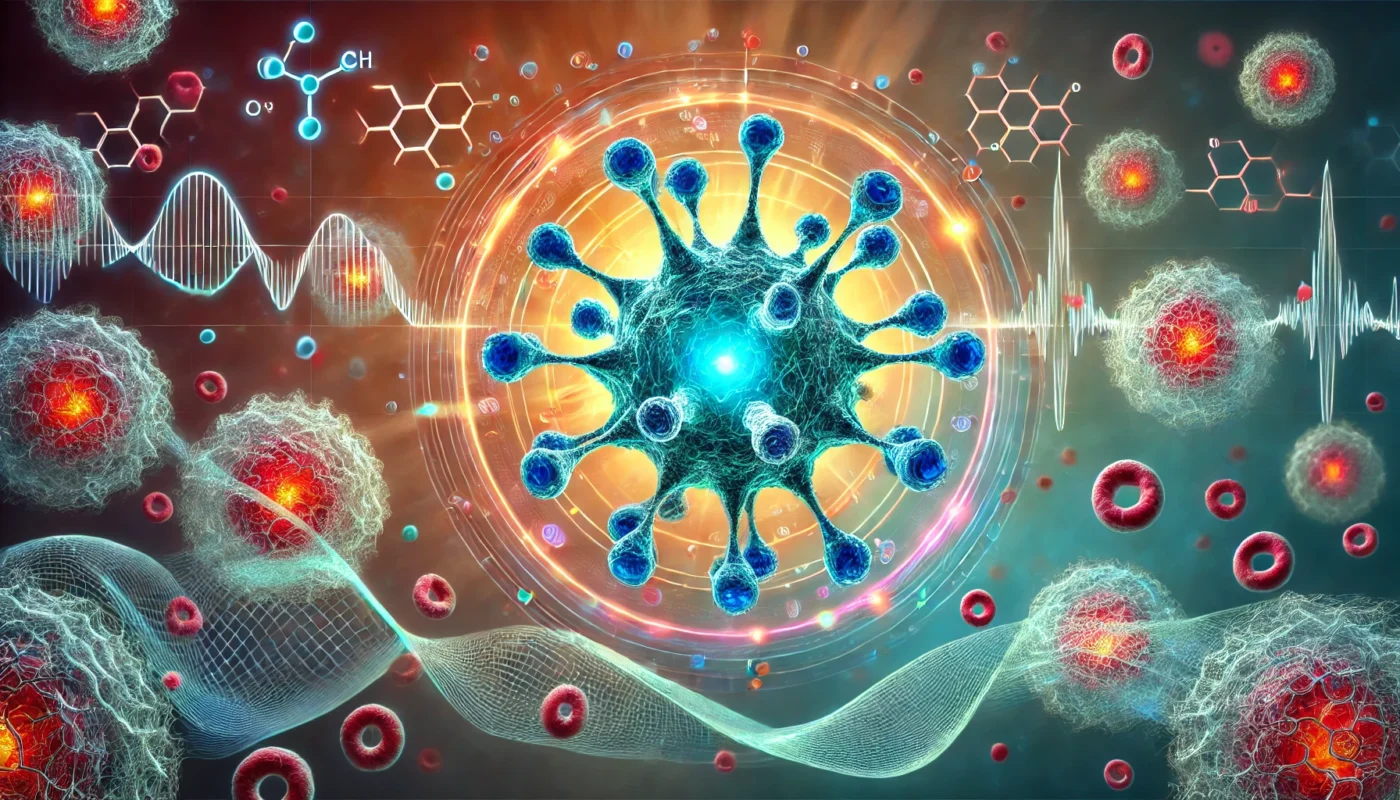Ibuprofen is a nonsteroidal anti-inflammatory drug (NSAID) that reduces inflammation, pain, and fever. It works by inhibiting enzymes (COX-1 and COX-2) involved in the inflammatory process. Commonly known brands include Advil and Motrin.
Tag Archives: fitness
In today’s fast-paced world, understanding the nuances between various substances is crucial for making informed health and wellness decisions. Methamphetamine (commonly known as meth) and opioids are two classes of drugs that, despite their potential for misuse, serve different purposes and affect the body in distinct ways. This article aims to dissect these differences and provide a comprehensive understanding of meth vs. opioids.
Reducing belly fat is a common goal among women striving for a healthier lifestyle and a more toned physique. While spot reduction is largely a myth, incorporating specific exercises into your routine can help you achieve a flatter stomach by burning overall body fat and strengthening the core. In this comprehensive guide, we will delve into effective exercises that target belly fat and explore the scientific principles behind them to help you make informed decisions about your fitness journey.
Cortisol is a glucocorticoid hormone produced by the adrenal glands, playing a crucial role in various physiological processes. It helps regulate metabolism, reduce inflammation, and control blood sugar levels. Beyond these essential functions, cortisol is a key player in the body’s response to stress, allowing us to react effectively in challenging situations. Understanding cortisol’s multifaceted role can help individuals appreciate its importance beyond its reputation as merely a stress hormone.
Insulin’s primary role is to facilitate the uptake of glucose, or sugar, from the bloodstream into the cells where it can be used as energy or stored for later use. During exercise, muscle contractions stimulate glucose uptake independently of insulin, yet the presence of insulin enhances this effect, optimizing energy utilization. This section explores the dynamic interplay between insulin and exercise, highlighting how this relationship is crucial for energy management and performance enhancement.
In this article, we’ll delve into the role of cytokines in both chronic and acute inflammation, providing a comprehensive overview of their functions and implications for health and wellness.
In this article, we will delve into the best pain relief strategies after hip replacement surgery, blending traditional medical approaches with holistic and alternative methods to ensure a well-rounded recovery process. The aim is to provide a comprehensive guide that addresses various aspects of pain management to facilitate a successful recovery journey.
Acupuncture points, or acupoints, are specific sites on the body where energy channels, known as meridians, intersect. These points are believed to be gateways for the flow of Qi (pronounced “Chee”), the vital life force that circulates throughout the body. By stimulating these points, practitioners aim to balance the flow of Qi, thereby restoring health and vitality.
Proteins are vital macromolecules and the primary building blocks of muscle tissue, playing a crucial role in muscle synthesis and repair. During resistance training and other forms of exercise, you induce micro-tears in your muscle fibers, necessitating repair for growth. Proteins facilitate this repair and growth process, leading to muscle hypertrophy. Without adequate protein, the repair process stalls, potentially leading to muscle deterioration, reduced strength, and an increased risk of injury over time.
Moreover, proteins supply essential amino acids that are not produced by the body. These amino acids are critical for synthesizing new muscle tissue and maintaining the integrity of existing muscles. A lack of these building blocks can hinder your progress and make it challenging to achieve desired fitness outcomes.
Embarking on a fitness journey can be both exhilarating and daunting, especially for beginners. With a plethora of information available, it’s easy to feel overwhelmed. However, by focusing on a few fundamental principles, you can set a strong foundation for a lifetime of health and wellness. This article will provide you with essential fitness tips, drawing from both scientific research and holistic approaches, to ensure you have a comprehensive understanding of how to start your fitness journey effectively.










